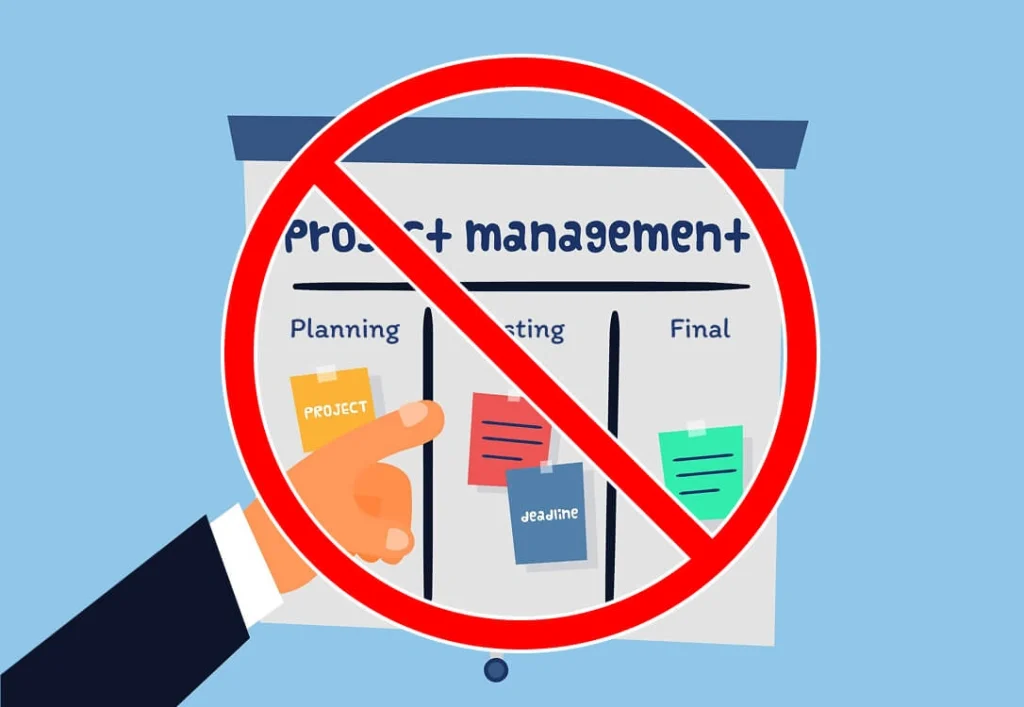Why The Cheapest Quotation Pays The Highest Price?
Many companies choose the cheapest software vendor. It sounds like a smart move. You save money, move fast, and get quick approval.
But what looks like savings upfront often turns into frustration later. The software doesn’t work well. It’s full of bugs, hard to update, and every small fix costs a lot. Some even end up rebuilding the whole system from scratch.
We have seen this happen across different industries, and it’s more common than most decision-makers realise.
If you need to rebuild your system a year later, was that cheapest cost really worth it?

But Why Cheapest Quotation Isn't Always A Good Deal?
It is not uncommon for business owners to compare a few quotations and pick based on the quote that best suits their budget. However, choosing a vendor only based on the lowest quote often leaves out quality and experienced talent, proper planning, and long-term support.
On paper, the quotation may look like a good deal, but what seemed “cheap” turns into a system full of bugs, poor performance, delays, and unexpected charges for every fix. This will make you deal with a hidden cost.
1. They Don't Understand Your Business
Some vendors just want to build what you ask for without asking about business. They don’t try to understand why you need it or how the system supports your future growth.
You do get something that works at that moment but as your business grows and your needs change, the system holds you back.
2. You Get Charged For Every Small Changes

When you receive a quotation to compare the budget, chances are that the lowest quote often doesn’t list the details clearly. Vendors would leave out things like how they handle change requests or what kind of support is included.
Later, you might even get charged for small changes such as adding a button, fixing a layout, or adjusting user flow. Even basic bugs might not be covered. Over time, these extra charges stack up and cost you more than your initial budget.
3. You Don't Always Know Who's Doing The Work
A quotation rarely shows you who’s actually building your system. The work could be done by freelancers, junior developers with little experience, or outsourced to any external teams.
Some vendors don’t mention this upfront, and without knowing who’s behind the work, it’s hard to judge the quality you’ll get.
4. They Skip Planning and Testing

5. They Don’t Provide Post-launch Support
The vendors only focus on finishing the project and handing it over to step back after the software goes live. You might not get help when bugs show up or when users face issues.
Even if you ask for changes or updates, they might charge extra or take a long time to respond. Without proper support, you’re left to figure things out on your own, even for issues that should’ve been fixed earlier.
What To Look At Besides Quotation
A quotation only shows part of the story. If you want software that works well and lasts long for your business, you need to look beyond that before you decide who to work with
1. Review Their Portfolio and Past Projects
Take your time to review the software company’s past work. Their portfolio gives you a clear picture of their experience and capabilities. Look for projects that match your business needs in terms of size, features, or tech stack.
They are more likely to understand your challenges and deliver the right solution if they have worked on something like what you need, especially if you require complex solutions. This should give you more confidence that they can handle the technical side and deliver the right solution.
2. Understand The Pricing Model
Not all software projects follow the same pricing structure. Vendors usually use different pricing models. If you don’t understand how a vendor charges, then you might get caught off guard with extra costs.
Ask them to explain how changes are handled, what is included and what might cost extra. This can help you compare software vendors fairly and plan your budget better.

It’s best to understand the software development pricing models before deciding.
3. Understand Their Team and Working Culture
Before you decide, try to meet the potential team who will be working on your project. Ask questions on how the team is structured, how they communicate, and how they manage with timelines.
Even if you can’t meet them face-to-face, you can always have a virtual meeting to discuss your wants and needs. A proper discussion will help you understand their working style and whether they’re the right fit to build your software.
Good vendors will ask questions, offer suggestions, and treat your project as a collaboration rather than a task to deliver.
4. Check Their Financial Health

Do a quick background check before you sign anything. You can use platforms like CTOS and SSM to search and learn about their financial status. Bad financial health is risky because you don’t want to work with a company that might shut down halfway through a project or even a few years later.
When that happens, it’s hard to find a new vendor to take over that project. Most vendors don’t want to work with code they didn’t write. So, it’s either you rebuild the whole system from scratch, which means more time or money, or, you just let that project die.
5. Understand Your Own Project First

You don’t need to know everything, but you should have a clear idea of what you’re trying to build and why. If you walk into a discussion without a direction, it’s easy to get overcharged or end up with something you don’t need.
At the same time, be open to input. A good vendor will ask questions, challenge weak ideas, and help shape the system into something that can grow with your business while keeping your best interest in mind.
Conclusion
Getting multiple quotations is part of the process but that shouldn’t decide who you work with. A cheaper quote looks good for saving your budget, but it can lead to bigger problems, unexpected costs, and systems that don’t support your business in the long run.
Instead, take the time to look beyond the number, review their work and understand their team and culture and the way they can handle a project. And most importantly, learn how to identify a quotation that is too good to be true.
The right vendor will always build with your growth in mind.


